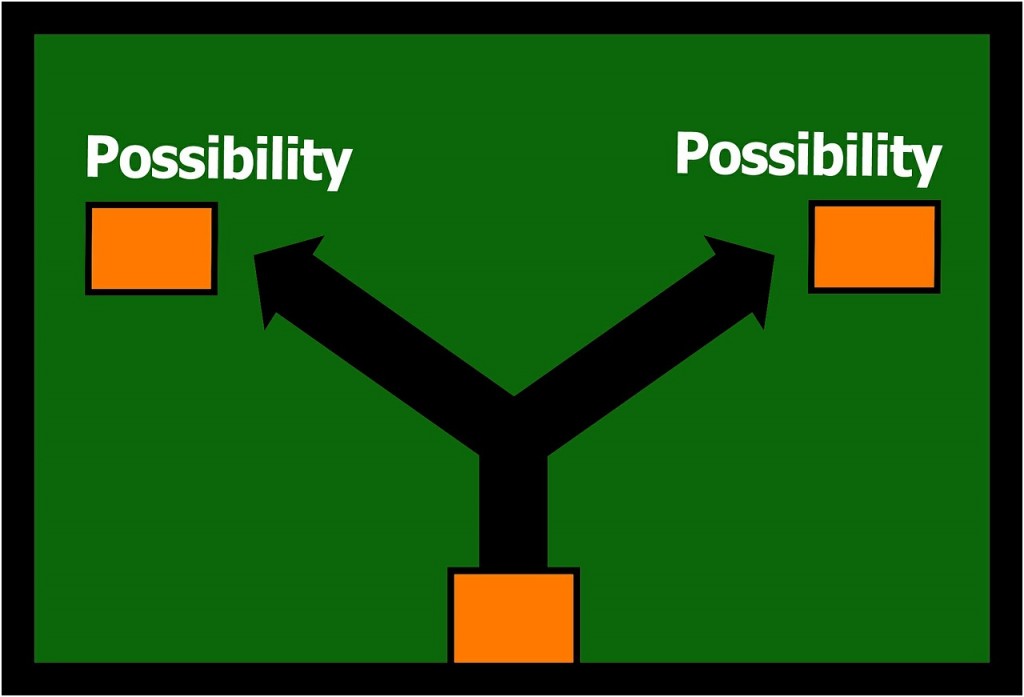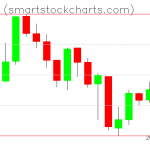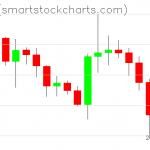Your Most Critical Trading Decision
The Most Important Decision You’ll Ever Make as a Trader
 Most decisions don’t really impact your life significantly and you won’t have much to lose if you blow them off. But this is one decision that you cannot ignore! Your most important trading decision isn’t what strategy you’ll pursue, which broker you’ll use, or even what securities or asset classes you’ll trade. Although my site is focused on trading in the financial markets, this principle still applies if you’re investing in real estate or even more unconventional assets like art, vintage wines, bitcoins, or rare Magic Cards.
Most decisions don’t really impact your life significantly and you won’t have much to lose if you blow them off. But this is one decision that you cannot ignore! Your most important trading decision isn’t what strategy you’ll pursue, which broker you’ll use, or even what securities or asset classes you’ll trade. Although my site is focused on trading in the financial markets, this principle still applies if you’re investing in real estate or even more unconventional assets like art, vintage wines, bitcoins, or rare Magic Cards.
The most important trading decision is simply:
How much money you’re willing to lose on the trade!
But so many beginner traders and even some seasoned professionals forget to set a loss threshold and once they make a trade that goes sour, they can’t decide with a clear head whether they should get out, ride it through, or (heaven forbid) double down. In that case, they could have at least mitigated their losing fiasco with some proper planning and setting a hard limit of how much money they’re willing to lose (and I’ll call that amount your “loss threshold” from now on.)
By the way, if you don’t set any threshold, then your threshold equals your principal! In other words, if you don’t decide how much you’re willing to lose, then you are basically setting yourself up to lose a huge amount of money up to the entire amount you’re risking, whether you intend for it or not!
So how do I determine how much I’m willing to lose or risk?
By its very nature, I can’t give you a formula for calculating how much you’re willing to lose. It’s what you’re comfortable with, both with respect to your feelings and your financial situation. Nevertheless, I’ll present to you a way to verify with yourself if the amount you’ve decided on is right for you. I’ll introduce you to the art of the premortem in aiding yourself with this decision.
Calculate how much the stock or security you’re trading has to move in order to incur your threshold of loss. Now visualize yourself losing that amount of money and the things you can no longer buy, the bills you no longer can pay, and the overall decrease in your standard of living. Are those losses acceptable or intolerable? If yes, then you’ll want to repeat this process again with a smaller amount.
Enforcing your Loss Threshold
Calculate what price your security will need to be in order to trigger your loss threshold. Use stop loss orders which will sell your stock once it plunges to a certain price (or buy it back if it rises above a trigger price assuming you’re short the stock.) Yes, I’m aware that the NYSE as well as the NASDAQ and BATS exchanges will be eliminating stop loss orders on February 26, 2016 but you’ll want to check if your broker will still continue to execute stop losses internally (and switch brokers if they don’t.)
Keep in mind stop losses will not guarantee your loss will be capped at your loss threshold since the stock could gap down below that price. Also, sometimes stop losses may not get executed in time in illiquid or volatile markets, further adding to the losses. To minimize the chances for this:
- Set your stop loss before your maximum loss threshold to provide a bit of a buffer.
- Exit your position or at least reduce it a day or two before its earnings are announced.
In a future post, I’ll also discuss how to use options to better manage your risk and limit losses in volatile or illiquid markets. But for now, stick with using stop losses on index ETFs or relatively stable stocks.
Final Thoughts
If you must play, decide on these rules of the game:
- The Stakes
- And the Quitting Time
— Chinese Proverb
This saying epitomizes the two most important decisions (in my opinion) that you’ll ever make as trader: The Stakes (how much you’re willing to lose/risk) and the Quitting Time (your time frame.) Deciding how much you’re willing to lose and vehemently sticking to it will not guarantee that you’ll succeed at trading but it’ll ensure that you’ll “live” another day to trade rather than blowing up and losing all of the money you’ve worked so hard to earn.



